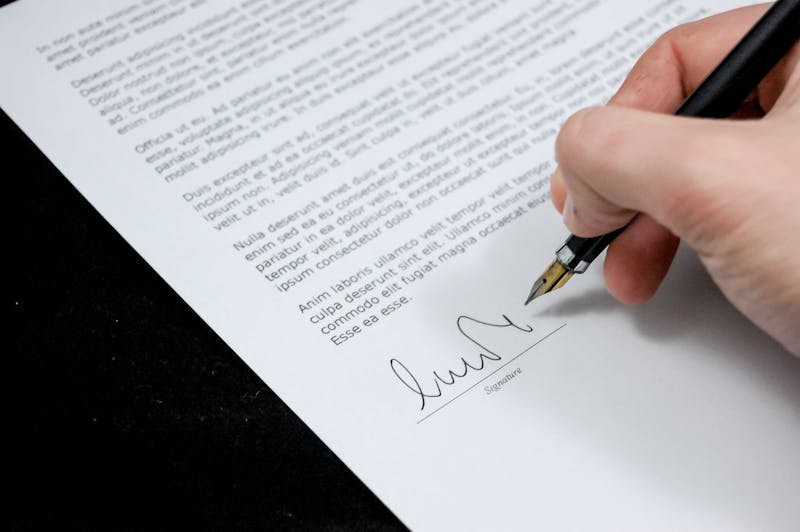According to the Bureau of Transportation Statistics, at least 13 car accidents occur every 60 seconds in the U.S. Since an auto collision could occur at any moment, you should be prepared for such a situation.
Along with ensuring your safety, the most important step after a wreck is obtaining and filing the proper reports for the incident. These reports help identify the persons involved and document facts that may ultimately be crucial to protecting your rights. Obtaining a car accident report—also known as a police report—is a good idea whether the damage is massive or minor. Not sure what that looks like? No problem – we will explore some things below that you need to know about car accident reports.
What Is a Car Accident Report?
Car accident reports are essential for various reasons. These reports contain basic information about the incident that occurred. The report includes the names and addresses of the parties involved in the collision, an account of events, the location, and who owns the involved vehicles. Reports can also include additional documentation, such as images of the crash scene and damages. While most jurisdictions train their law enforcement officers to not make determinations of fault in these accident reports, they will often assign contributing factors to the applicable vehicle involved in a collision. These contributing factors may include failure to yield, failure to control speed, or failure to follow traffic control device. Contributing factors can play a significant role in subsequent investigations completed by insurance companies after the fact as they seek to determine who was at fault for the collision.
How to Obtain and File a Car Accident Report
After your motor vehicle wreck, there are a few steps that you need to follow to ensure that you are adequately covered. Car accident reports can be filed in multiple ways.
The first way is by calling a police officer to the scene and obtaining and filing the report through the responding law enforcement officer. This usually occurs when collisions appear to have severe damage or involves injuries requiring immediate medical assistance. In such situations, the responding officer will assist in gathering the required information to identify the vehicles and persons involved in the collision, as well as documenting the insurance provider associated with each vehicle.
When minor accidents occur that do not necessarily require a police presence on the scene, alternative options are available to file an accident report. You can file a report by going to the police station yourself, or some counties have an online system for creating and submitting a report.
Why Are Car Accident Reports Important?
Car accident reports are crucial to protecting your rights. If you were involved in a collision due to another party’s negligence, a car accident report could be used as evidence in a civil claim seeking compensation for your damages. These reports could also assist insurance companies in understanding the events that took place and properly assessing claims. Most importantly, these reports provide a written log of each vehicle and every person involved in the collision at or near the time the incident occurred—having a record created by a neutral third party, especially one with credible authority such as a police officer, can make a huge difference when a person injured in a collision seeks to pursue a claim against the negligent party.
Reach Out for More Information on
Your physical safety and legal rights are always important, especially when a motor vehicle collision occurs. Filing a car accident report could be a crucial first step to ensuring you and your future interests are protected.
If you still have questions about the necessity of a car accident report or need help filing one, contact an experienced attorney at our firm for further assistance.


